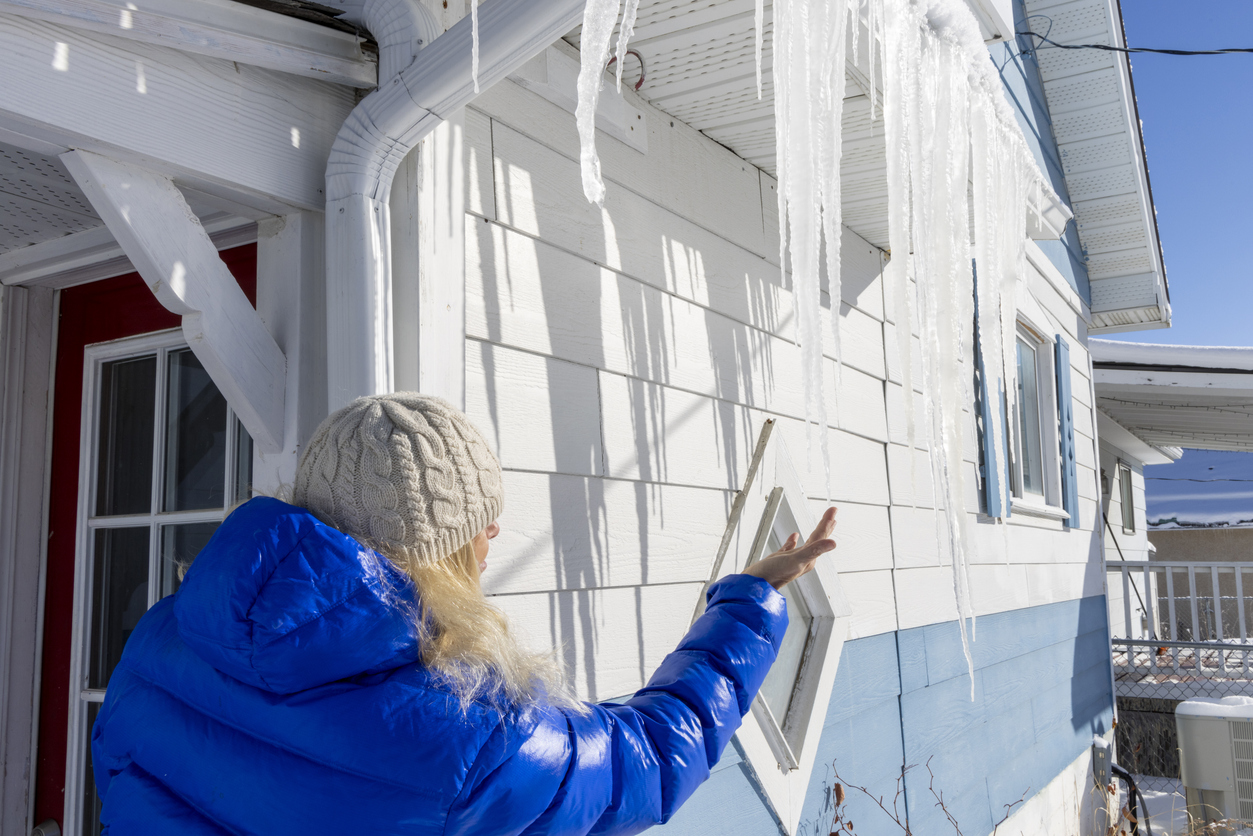Florida’s statute of limitations for an action on a contract, such as an insurance policy, is five years.1 Under a 2011 amendment to the statute, the five year period for breach of a property insurance contract begins to run from the date of loss.2
The Third District Court of Appeals recently addressed when the statute began to run for a property loss that occurred prior to the 2011 amendment. In Linares v. Universal Property & Casualty Insurance Company,3 the homeowners’ property sustained damage as a result of Hurricane Wilma on October 24, 2005. Two months later, they notified the insurance company. On February 21, 2006, the insurance company sent a letter to the homeowners stating that the damages fell below the insurance policy’s deductible. The letter stated that the insurance company had concluded its investigation, however it did not clearly or conclusively deny the claim: “[i]f you discover any additional damages or information regarding this matter, please forward it to our office for consideration.”
In December 2009, the homeowners provided the insurance company with an adjuster’s report which estimated that the damages exceeded the deductible by a factor of ten, and they also demanded appraisal. The insurance company sent a letter to the homeowners on August 24, 2010, which stated:
[T]he original assessment of damages relating to Hurricane Wilma, when the claim was filed in 2005, was adequate and accurate, and the recently presented claim must be denied. (emphasis added)
On July 9, 2012, the homeowners commenced a lawsuit for breach of contract. The insurance company argued that the claim was barred because the five year statute of limitations began to run as of the February 21, 2006, letter which stated that the claim was below the deductible.
The trial court granted summary judgment in favor of the insurance company. On appeal, the Third District cited to the Southern District of Florida’s decision in Oriole Gardens Condominiums, III v. Independence Casualty & Surety Company,4 which had very similar facts:
The insured submitted a claim for property damage sustained during Hurricane Wilma. The insurer responded with a letter, similar to the February 2006 letter in the present case, stating the damages fell below the insurance policy’s deductible and inviting the submission of additional information. Three years later, the insured submitted a sworn proof of loss for damages exceeding the policy deductible. The insurer requested that the insured participate in examinations under oath and submit further document in support of the claim. The insured complied with the requests and demanded that the insurer participate in the appraisal process as provided for in the policy. The insurer eventually sent a letter clearly denying the claim and stating it was standing by its initial determination that the amount of loss fell below the policy’s deductible. Over five years after the insured received the initial letter stating the damages fell below the policy’s deductible, but less than five years after the second letter denying the claim, the insured brought a one-count complaint for breach of contract against the insurer.
The court held the cause of action was not barred by Florida’s five-year statute of limitations period. First, the initial letter informing the insured that its claim fell below the policy’s deductible contained no language clearly denying the claim. Second, the insurer’s correspondence and actions regarding the insured’s claim indicated that the claim was open and ongoing. We find this reasoning to be persuasive and applicable to the present case.5
Here, because the February 26, 2006 letter did not clearly deny the claim and invited the homeowners to submit any additional damages discovered to the insurer, the Third District held that the trial court erred in granting summary judgment for the insurance company.
As mentioned above, the 2010 version of § 95.11(2)(b), was at issue in this case. In footnote 1 of the opinion, the appellate court clarified that the 2011 amendment to the statute would not apply retroactively:
In 2011, the Legislature shortened the limitations period for property insurance claims by specifying that such actions begin to run from the date of loss. § 95.11(2)(e), Fla. Stat. (2011). That amendment to section 95.11(2) does not apply retroactively to this case.
If you have a question about the running of the statute of limitations for your property damage claim, do not delay and consult with experienced legal counsel.
1 Fla. Stat. § 95.11(2)(b).
2 Fla. Stat. § 95.11(2)(e) (2011).
3 Linares v. Universal Prop. & Cas. Ins. Co., 3D13-3175, 2014 WL 2965882 (Fla. 3d DCA July 2, 2014).
4 Oriole Gardens Condominiums, III v. Independence Cas. & Surety Co.,4 No. 11–60294, 2012 WL 718803 (S.D. Fla. March 6, 2012).
5 (Citations omitted).



